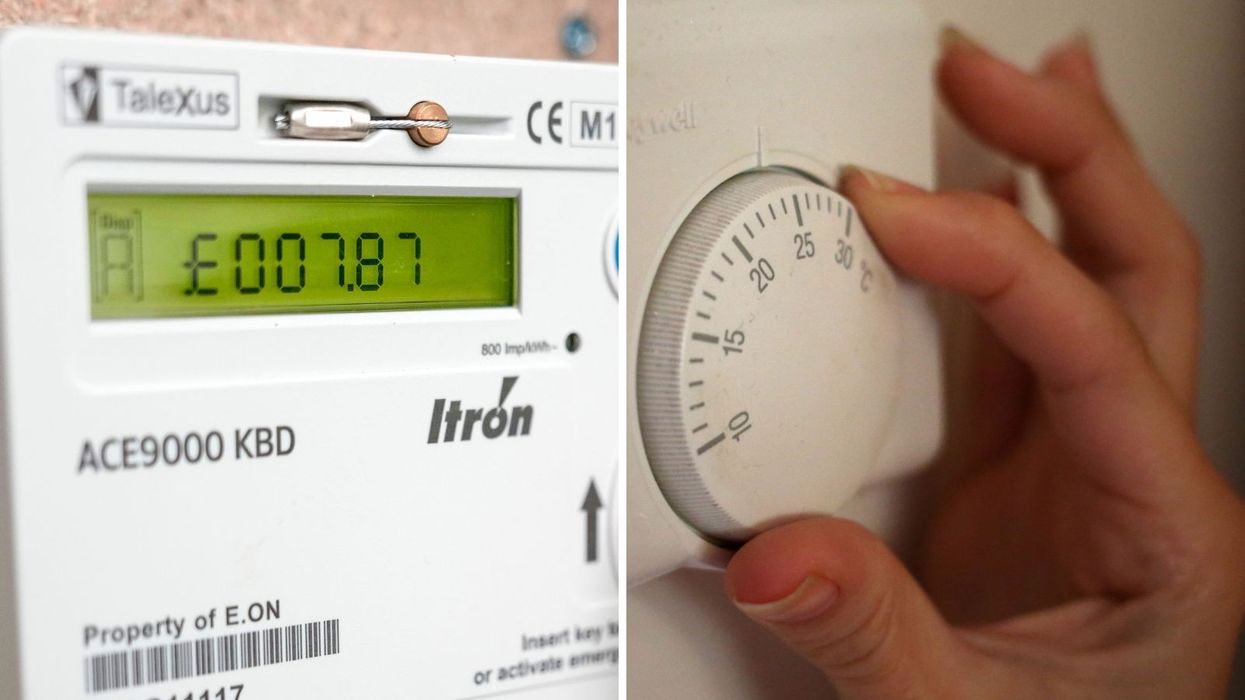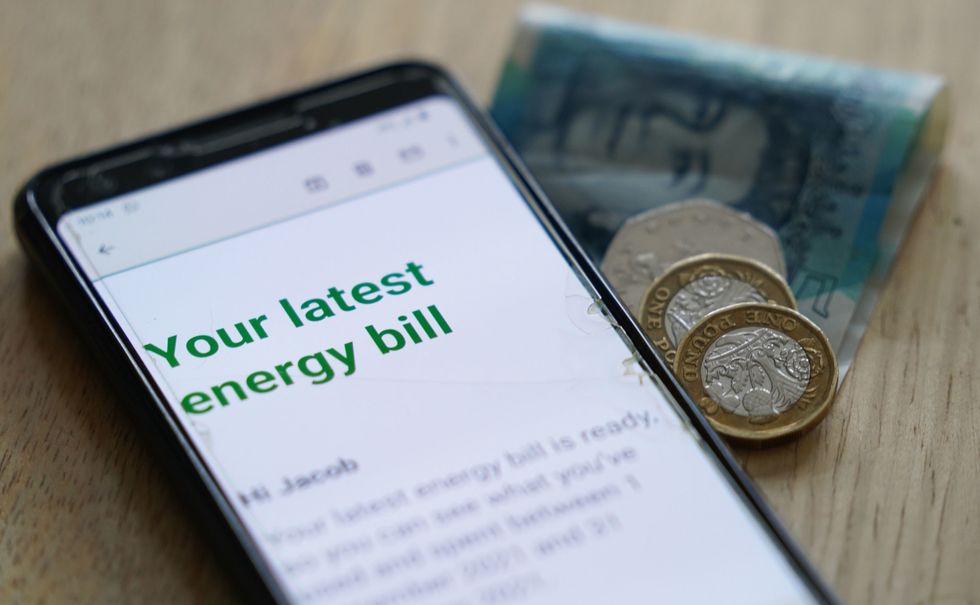Ofgem permits another energy supplier to forcibly install prepayment meters – full list of who is affected

Installing prepayment meters without a household's permission to pay back debt was temporarily banned last year
|GETTY | PA

Various energy suppliers are still banned from forcibly installing prepayment meters
Don't Miss
Most Read
Latest
Ofgem has granted permission for another energy supplier to forcibly install prepayment meters, it announced today.
The energy regulator said Utilita has now met its "strict criteria" to be able to restart involuntary installations of pre-payment meters (PPMs).
Installing prepayment meters without a household's permission to pay back debt was temporarily banned last year following a scandal around the practice.
In January and February, Ofgem announced certain suppliers were permitted to restart the practice, but others remain unable to do so due to not having met the regulator's conditions.

Ofgem has announced certain suppliers are now permitted to restart involuntary prepayment meters
|PA
An Ofgem spokesperson said protecting consumers is their "number one priority", adding: "We’ve made clear that suppliers must exhaust all other options before considering forced installation of a prepayment meter, and consumers can help themselves by reaching out to their supplier as soon as possible if they think they won’t be able to pay their bill, so payment options can be discussed.
"Our rules on when, and how, a prepayment meter can be installed are clear and we won’t hesitate to take action if suppliers act irresponsibly.
“We will continue to work closely with consumer groups and suppliers to make sure households understand their rights when it comes to prepayment meters and will regularly review our rules to make sure they are working to protect the most vulnerable.
"We would also strongly encourage consumers to make sure their personal details and circumstances are up to date with their supplier, so they can be taken into consideration if or when payment problems arise.”
Full list of energy suppliers who can install prepayment meters without permission
- E.ON – restarted on February 21, 2024
- EDF – restarted on January 8, 2024
- Octopus – restarted on January 8, 2024
- Scottish Power – restarted on January 8, 2024
- Tru Energy – restarted on February 21, 2024
- Utilita – restarted on March 1, 2024
- Utility Warehouse – restarted on February 26, 2024
LATEST DEVELOPMENTS:
Energy suppliers on the list must send Ofgem regular information so they can monitor the way they are installing prepayment meters involuntarily.
The regulator said it would keep an eye out for "any concerning" trends and would take action, which could be enforcement action such as large fines".
A Utilita spokesperson said: “While we have met Ofgem’s strict new criteria on involuntary prepayment meter installations, this course of action is always a last resort when all other options have been exhausted.
Our focus continues to be on providing customers with the support they need – financial and practical - to avoid building up unmanageable debt in the first place.”
GB News has contacted Utility Warehouse asking for comment. Eon and Tru Energy declined to comment.
A spokesperson for EDF said: “We have a duty to keep bills as low as possible, especially given customers are struggling, and rising debt levels are leading to all households facing bigger bills.
“It is important to restart, under strict supervision from the regulator, processes that help individual customers get out of debt and protect all customers from additional charges.
“Smart Pay As You Go meters provide the cheapest rates, without needing to visit a shop to top-up, and enable us to provide support quickly if customers run into difficulty.”
Octopus Energy said it did not plan to restart involuntary installations and told GB News they have only ever carried out involuntary installations in "extremely rare circumstances" and "any response at all from customers can halt" the process. Octopus Energy also said they constantly check for vulnerabilities.
A ScottishPower spokesperson said: “While we have met Ofgem’s strict criteria and been authorised to restart involuntary prepayment meter installations, where appropriate, this is always a last resort. Our focus will continue to be on supporting our customers to manage their debt and avoid the need for such action.
“If any customer is struggling to pay, we would urge them to contact us or speak to a debt charity right away, so we can take their situation into account and get them the help they need. Talking to us will also allow us to determine whether a prepayment meter is appropriate for their individual circumstances or not, in line with the regulator’s strict rules and licence conditions which we have met.”










